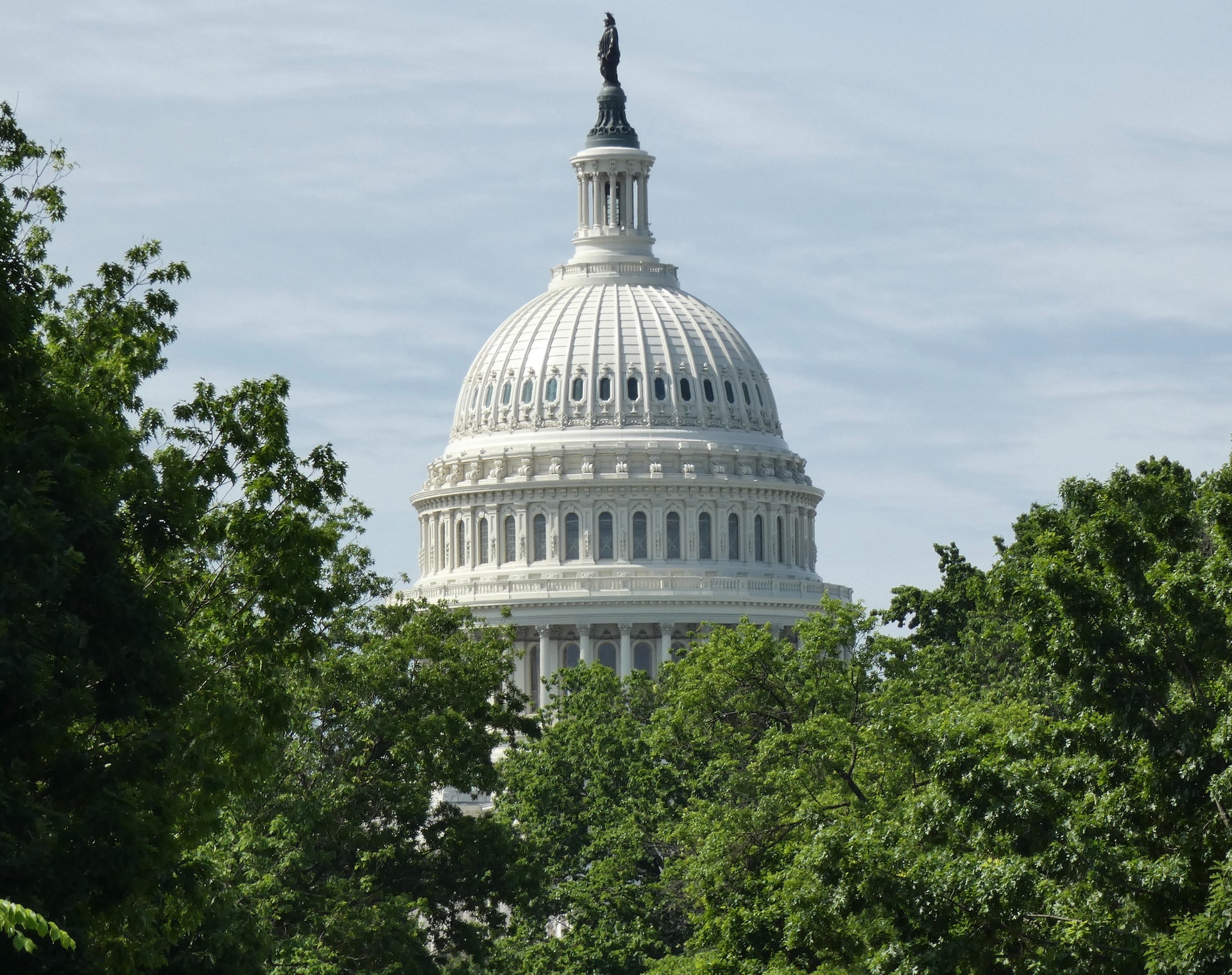Last week, Representative Elijah E. Cummings and Senator Tammy Baldwin proposed a bill to modify several financial industry laws including the Dodd-Frank Act and Sarbanes Oxley Act to enhance and extend whistleblower rewards and anti-retaliation protections for bank and Wall Street whistleblowers. For those looking to follow the legislation in the House of Representatives, the Whistleblower Augmented Reward and Non-Retaliation Act of 2016 (WARN Act) is H.R. 4619.
The Dodd-Frank Act celebrated its fifth anniversary last summer and the amendments would fill a few different potential gaps in the legislation that have been exposed by business challenges, practices and government/judicial decisions. The proposed WARN Act would also increase the rewards available for reporting violations of the Financial Institutions Reform, Recovery and Enforcement Act of 1989 (FIRREA) and the Federal Deposit Insurance Act.
Here’s a look at some of the proposed changes in the bill and why they are important:
Internal Whistleblower Protection
The SEC has staunchly defended whistleblowers who have been retaliated against before reporting violations of the federal securities laws to the SEC whistleblower program. However, some judicial opinions have limited the power of the Dodd-Frank Act in this respect. Moreover, the CFTC rules extend its retaliation protections to only those individuals who file a Form TCR. This change would strengthen the SEC position with respect to the protection against retaliation offered to employees who report securities violations internally.
Extraterritoriality
Courts have consistently limited the extraterritorial application of the Dodd-Frank Act’s retaliation protections because of the Supreme Court’s decision in Morrison v. National Australia Bank. Although there are arguments why certain employees located overseas should be protected under current law, a clear expression of intent by Congress to apply the retaliation protections to employees located overseas would be a big step forward to protect the 10+ percent of international whistleblowers reporting to the SEC every year.
Applicants and Former Employees
The Dodd-Frank Act currently prohibits an “employer” from engaging in retaliation against a whistleblower. The proposed bill would make clear that job applicants and former employees are also eligible for protection from retaliation. This change in the law would help stop in their tracks a few different judicial decisions which have attempted to limit those eligible for protection.
Punitive Damages
Employment laws typically provide for compensatory damages when there is discrimination in the terms and conditions of employment due to a prohibited reason. The WARN Act would allow for an award of up to $250,000 for the whistleblower against the corporation as punitive damages. Although the amount is still probably too small to stop some corporations from engaging in a retaliatory action, the addition of punitive damages would be a necessary step to reign in termination of whistleblowers by employers.
Delayed Reporting
An SEC whistleblower award at the end of last year decreased the percentage of the reward because of a delay in reporting the violation to the government. The bill would make clear that the length of time between awareness and reporting to the government was not to be a factor in the percentage rewarded.
Prohibitions on Waiver of Rights
The bill would prohibit a wide range of conduct by businesses including requiring individuals to waive eligibility for rewards, applying predispute arbitration agreements, and seeking civil or criminal liability for the reporting of information by an individual. Given the current mantra of some in the defense bar that corporations needs to go on the offensive against whistleblowers, the clear elucidation of prohibitions on the waiver of rights and remedies would be a welcome addition to the current section of protections in this area.
FIRREA
The Warn Act would amend the Financial Institutions Anti-Fraud Enforcement Act of 1990 to provide for rewards to FIRREA whistleblowers of between 10 and 30 percent. This change was previously advocated by the prior Attorney General Eric Holder after he announced the conclusion of his service in the position. The bill would also provide for retaliation protections to these whistleblowers.
The proposed bill would also require banks to educate their employees about their rights under the FIRREA. This measure was previously adopted successfully by Congress with respect to health care companies and the False Claims Act in order to enhance the fight against Medicare fraud.
FDIA
Similar to the measures adopted with respect to FIRREA, bank whistleblowers would be eligible for rewards of between 10 and 30 percent as well as anti-retaliation protections for reporting violations of the Federal Deposit Insurance Act.
Additional Information and Comment
Support for the law was expressed in a letter to the House Committee on Oversight and Government Reform by the Government Accountability Project and a diverse group of other whistleblower and labor organizations.
Overall, the bill looks like a wonderful improvement to the whistleblower laws. To the extent there are superficial problems, they are (1) there is already a well-known WARN Act which requires certain employers to notify the government of employee layoffs; and (2) care needs to be taken to prevent pro-business allies to take the opportunity to weaken existing protections.
We hope the U.S. House of Representatives quickly takes up this bill and passes it as well as the pending Thune-Nelson auto whistleblower law that has already unanimously passed the U.S. Senate. The Thune-Nelson bill providers for rewards to auto industry employees for reporting suspected violations of the laws.


